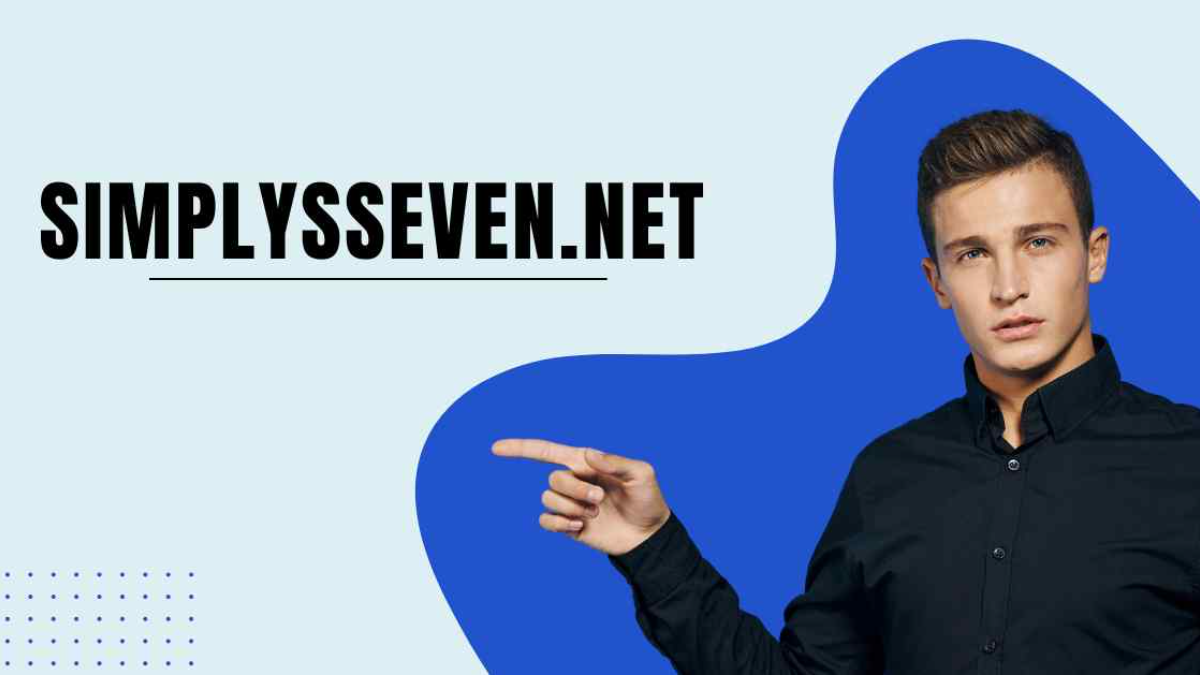In the age of digital connectivity, the boundaries between personal privacy and public exposure are increasingly blurred. Recently, a scandal surrounding Amanda LaBollita, also known by the nickname “LaBooty,” has brought these issues to the forefront, sparking discussions about the ethics of leaked content and the long-term implications for those involved.
What Happened?
While details of the specific incident may vary depending on the source, the Amanda LaBollita leak reportedly involved private photos or content being distributed without her consent. This event highlights a growing trend in which individuals, often public figures or influencers, have their private information exposed and exploited online.
The Problem with Leaked Content
Leaks of private content have become an unfortunate reality in today’s hyperconnected society. Such leaks often include personal photos, videos, or messages that were never meant to be shared publicly. Not only do these breaches represent a violation of privacy, but they also have the potential to cause emotional, professional, and even legal consequences for the individuals affected.
For Amanda LaBollita, the leak has opened a Pandora’s box of issues around consent, personal boundaries, and the importance of digital security. Once private content makes its way onto the internet, it can spread quickly, making it nearly impossible to contain.
The Legal Implications of Leaks
In many jurisdictions, the unauthorized sharing of private content can carry legal consequences. Laws such as “revenge porn” statutes in various U.S. states and countries aim to protect individuals from having their private images shared without consent. In Amanda’s case, should there be legal action taken, it could fall under these categories of privacy and defamation law.
It is also important to remember that those who share or further distribute leaked content could be subject to legal action themselves, depending on the applicable laws. As society grapples with the increasing presence of digital information, the responsibility lies with individuals to respect others’ privacy and recognize the legal ramifications of their actions.
The Role of Digital Platforms
Social media platforms, messaging apps, and other digital services have a critical role to play in curbing the spread of unauthorized leaks. Many platforms have policies in place to remove non-consensual content swiftly. However, the sheer volume of content and the speed at which it can be shared presents a significant challenge.
For Amanda LaBollita and others in similar situations, the support of these platforms in promptly addressing leaks is vital. With pressure mounting on tech companies to improve their moderation processes and support systems for victims, we may see stronger safeguards and faster takedown procedures in the future.
The Human Impact: Beyond the Digital World
Beyond the legal and technical aspects of the issue, the human impact is often overlooked. Individuals like Amanda LaBollita can experience severe emotional distress due to leaked content, with repercussions ranging from anxiety and depression to career setbacks and damaged reputations. It is crucial to approach such situations with empathy and an understanding that the victims of these leaks are real people with lives that can be irreparably harmed by such breaches.
What Can Be Done?
To prevent situations like Amanda LaBollita’s from happening, digital literacy and responsible online behavior must be encouraged. Here are a few steps that can be taken:
- Strengthen Digital Security: Individuals should regularly update their passwords, use two-factor authentication, and be cautious about sharing sensitive content.
- Legal Awareness: People should understand the legal implications of sharing private information and the potential consequences for both the victim and the perpetrator.
- Ethical Responsibility: As consumers of online content, users should resist the temptation to seek out or share unauthorized content. Upholding ethical standards of privacy and respect is a societal duty.
- Supporting Victims: If you or someone you know is a victim of a leak, there are legal resources and support networks available that can help address the situation and provide emotional support.
Conclusion
The Amanda LaBollita “LaBooty” leak is a reminder of the importance of privacy in the digital era. While technology has brought us many benefits, it has also exposed vulnerabilities that can have far-reaching consequences. As individuals, it’s essential to exercise caution and respect others’ privacy in our digital interactions. Moreover, society at large, including tech companies and legal frameworks, must continue evolving to protect individuals from the misuse of private content.
Ultimately, leaks like these aren’t just about the people involved—they reflect larger societal issues around ethics, digital security, and human dignity. We must work together to create a safer and more respectful online environment for everyone.
FAQs
1. Who is Amanda LaBollita, and what is the “LaBooty” leak?
Amanda LaBollita is a public figure or influencer whose private content, often referred to as the “LaBooty” leak, was allegedly distributed online without her consent. This incident highlights concerns about privacy breaches in the digital age.
2. What is meant by a “leak” in this context?
A leak refers to the unauthorized sharing of private information, such as personal photos or videos, typically without the individual’s consent. These leaks can happen via hacking, malicious intent, or breaches in security, leading to the spread of content online.
3. How did Amanda LaBollita’s private content get leaked?
While specifics vary, private content is often leaked due to hacking, stolen devices, or unauthorized access to personal accounts. It could also result from intentional breaches by those with access to sensitive content.
4. Is it illegal to share or view leaked content?
Yes, sharing or distributing leaked private content without consent is illegal in many regions, including under “revenge porn” or privacy violation laws. Even viewing such content can contribute to its spread and the harm it causes.
5. What should I do if I encounter leaked content?
If you come across leaked content, do not engage with or share it. Report it to the platform hosting the material to help ensure its removal and protect the privacy of the person affected.
6. How do leaks like this impact the individuals involved?
Victims of leaks often experience emotional distress, damage to their personal and professional reputations, and potential legal challenges. These situations can lead to anxiety, depression, and lasting trauma.
7. What are my rights if I become a victim of a leak?
If your private content has been leaked, you may have legal recourse depending on your location. Many jurisdictions have laws against the distribution of private, non-consensual images. Victims should contact legal professionals or support organizations that specialize in digital privacy.
8. How can individuals protect themselves from leaks?
To protect personal information from leaks, individuals should:
- Use strong, unique passwords for all online accounts.
- Enable two-factor authentication.
- Be cautious when sharing private content, even in seemingly secure settings.
- Regularly review privacy settings on social media and cloud storage accounts.
9. What role do social media platforms play in preventing leaks?
Social media and digital platforms are responsible for quickly removing unauthorized content when reported. They often have policies and systems in place to protect users, including tools to report breaches of privacy.
10. What ethical responsibilities do internet users have in these situations?
Users should avoid seeking out, sharing, or engaging with leaked content. It’s important to respect individuals’ privacy and understand the harm caused by spreading non-consensual material. Acting responsibly online helps foster a safer digital environment.
11. What legal protections exist to prevent leaks like Amanda LaBollita’s?
Many countries have enacted laws that protect individuals from the unauthorized distribution of private content. These include laws against “revenge porn” and non-consensual pornography, which make it illegal to share such material without permission.
12. Where can I find help if I’m affected by a leak?
If you’re a victim of a privacy breach, several organizations provide support, including:
- Cyber civil rights organizations.
- Legal aid services specializing in digital privacy.
- Counseling services for emotional and psychological support.
13. How can society prevent future leaks and protect online privacy?
Educating individuals on digital literacy, advocating for stronger.











